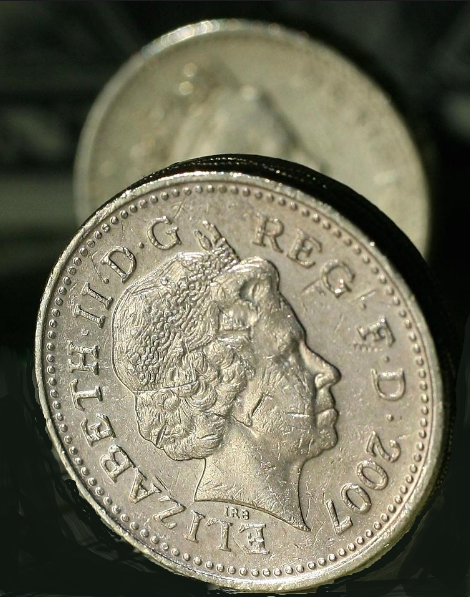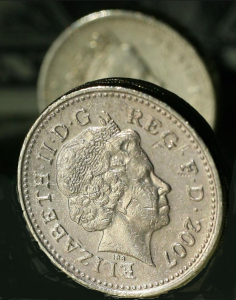
Sterling bounces back as parliament vote eases “Hard Brexit” concerns
Sterling which had fallen 6 per cent since Tory conference, bounced back after it had its best day since fears of a “hard Brexit” grippe the currency market couple of weeks ago, after James Eadie, a government lawyers said “Parliament would have the final say on whether to accept Britain’s exit deal with the EU”.
Theresa May, Prime Minister, till now has refused to allow members of parliament to vote on triggering Article 50, the EU divorce proceeings, as the Referendum is not legally binding, and in a High Court hearing in London, yesterday, government lawyers insisted that the refusal was legal. The final deal, with Brussels, which could be negotiated over two years after Brexit is triggered would “very likely” be subject of Parliamentary approval.
The remark sent the pound rallying 1 per cent to $1.23, its biggest gain since mid-August 2016, as traders worried about Mrs Theresa May’s hardline rhetoric took solace that the British parliament could block a Britain exist without a favourable trade deal with th EU.
Banks, however, still differ on the short-term direction of the pound as Goldman Sachs’s forecast reveals $1.20 for sterling is of the opinion that the currency was still overvalued and had to fall further, but BNP Paribas believes that the pound was undervalued now and could revive to $1.29.
UK law requires the government to give parliament the opportunity to consider treaties that are subject to ratification. The House of Commons could block a treaty indefinitely by voting against it but cannot amend a treaty.
While majority of MPs would likely to vote in favour of triggering Article 50, the claimants in the legal case argue that, once invoked, Article 50 is irreversible even if parliament were given a final say on the deal, it would be “too late” to refuse to ratify it, they argue.

